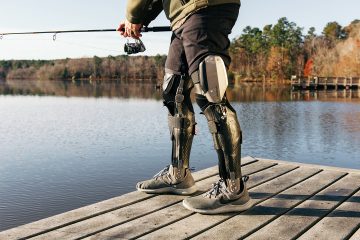Multiple Sclerosis Services
Multiple Sclerosis (MS) is a disease of the Central Nervous System where a person’s body attacks the myelin sheath surrounding the nerve cells.
MS negatively affects the transmission of nerve signals to muscles and tissues, resulting in lowered strength and coordination.
Orthotics Plus is well-placed to assist with the physical symptoms of MS. If you or a loved one is living with MS, please contact us to see if you might benefit from our services.
Orthotics Plus was established in 2012 and we are experienced at treating a range of physical and neurological conditions, including MS. We are NDIS registered and have two clinics in Melbourne.
Our senior orthotists are tertiary qualified and all have over 10 years of clinical experience.
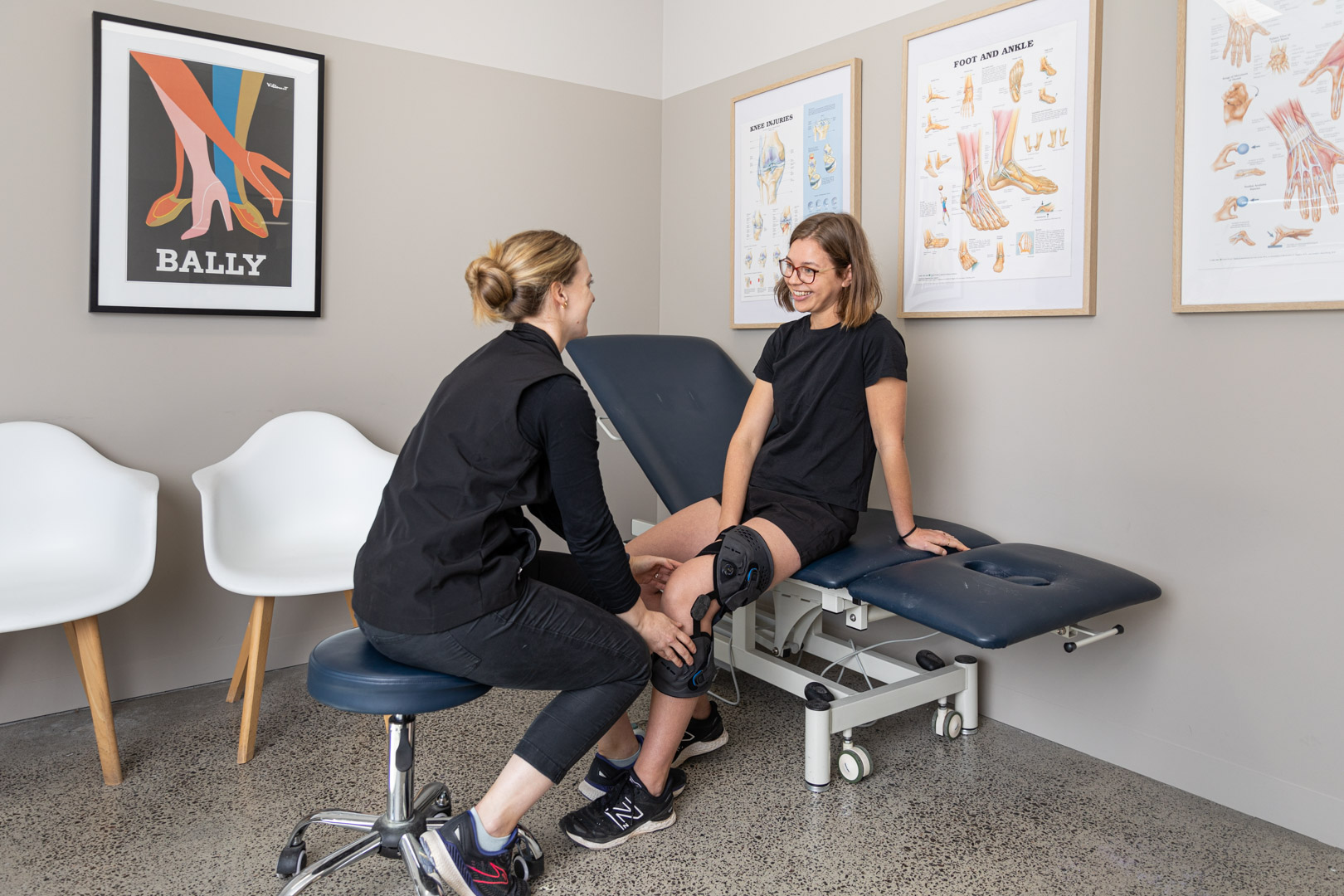
Orthotics for Multiple Sclerosis
Orthotic management of MS will vary depending on the physical presentation of the patient.
Our main goal is to correct or support the relevant weakness to keep the patient functional and mobile and support rehabilitation and physical therapies.
Oftentimes, people with MS exhibit a degree of weakness in the lower limb, such as foot drop (difficulty clearing the toes when walking), and knee extension weakness. As such, it’s important to use Orthotics that are lightweight, but supportive. We would suggest our most common treatments are listed below.
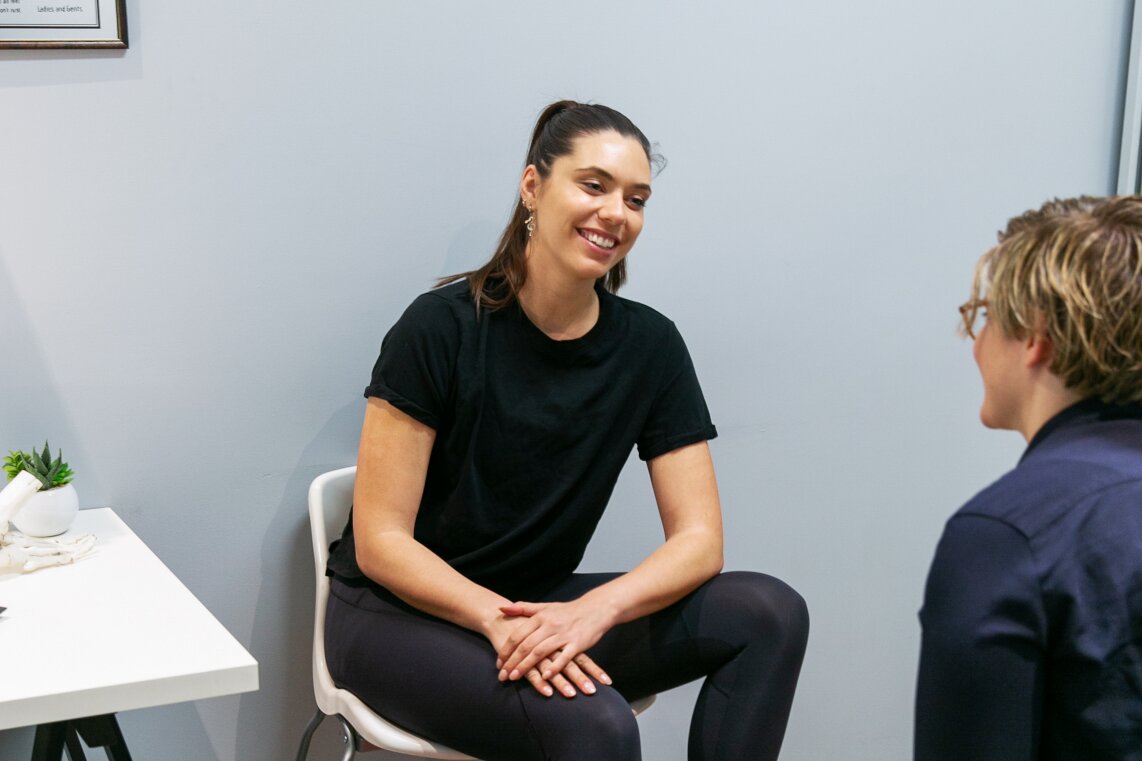
Important MS Notes
It is important to note MS patients (especially in the early stages) have unaffected muscle mass, however, there is a motor-control issue altering the activation of the respective muscle.
Functional Electrical Stimulation Orthotics (such as the FES device) are designed to assist with muscle activation. This is very beneficial for lower-limb weakness and many patients with foot-drop or knee weakness regain a large amount of function and mobility with the use of these devices.

Multiple Sclerosis Referrals for Orthotics Plus
The right time to make a referral to Orthotics Plus is when you or a loved one begin experiencing physical MS-related symptoms which begin to affect your mobility or safety.
We advocate for independence. If you are functional and moving well without Orthotics, then we encourage you to maintain that.
During the initial assessment, we will ask questions about your diagnosis, medical history and then perform testing to identify physical limitations we may be able to assist with.
Importantly, we will listen to your goals and desired outcomes of engaging Orthotics Plus.
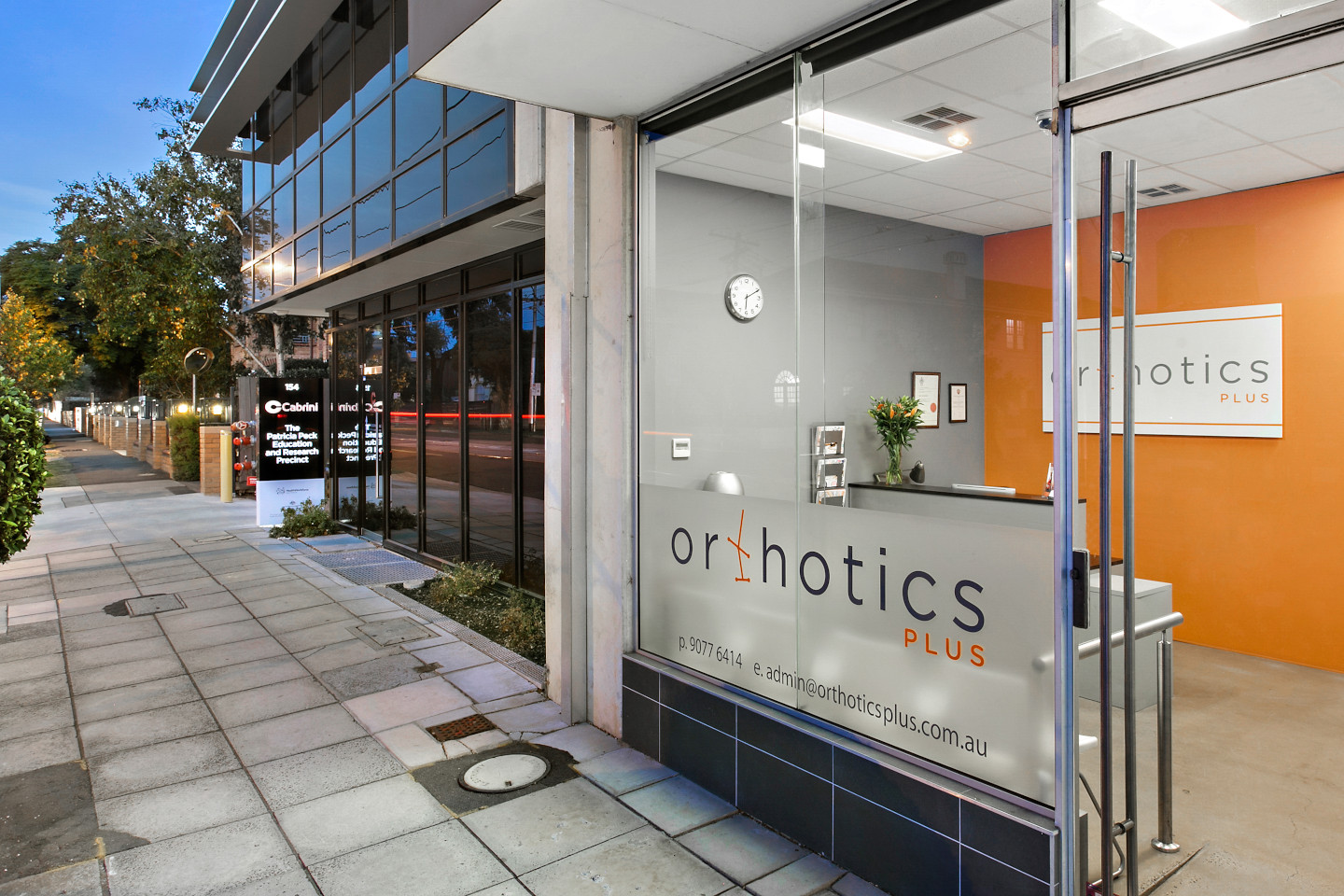
Safety for MS Patients
Safety is a top priority at Orthotics Plus. We are experienced treating a range of physical and neurological conditions and take patient safety into account in many ways, namely:
- We have parallel bars and rails (i.e. to assess a patient standing who requires support)
- We are mindful of existing mobility equipment (i.e. crutches, walking frames)
- We are mindful of our patient’s independence and risks at home and will advise accordingly
- Assessments are performed in a safe manner, modified as necessary and we respect the decisions of our patients at all times
- We can provide a temperature-controlled environment, especially if you phone ahead
Please note that you are welcome to bring your consented guardian or family to your appointment.

The Role of Orthotics in Long Term Support of MS
The Orthotic management of MS should be proportionate to the current pathology of the patient and should be implemented in a timely manner.
As such, it would not be appropriate to prescribe Orthotics that take several months to manufacture. This is because a) the patient would benefit from solutions now and b) the person’s pathology may change during this time.
Orthotics should provide functional outcomes for the patient, with the emphasis here being on outcome. For example, the patient may have established the goal of being able to walk a flight of stairs near their local beach. In this case, Orthotics should improve that person’s capacity when it comes to the functional task of walking up and downstairs.
Orthotics should also help manage the symptoms of MS, such as increased biomechanical support to mitigate the fatigue symptoms.
Orthotists work collaboratively with other healthcare professionals as necessary to compliment other forms of rehabilitation. For example, bracing may facilitate a higher volume of exercise with the Physio.
MS patients at Orthotics Plus are provided with a follow-up schedule, education and ongoing support.
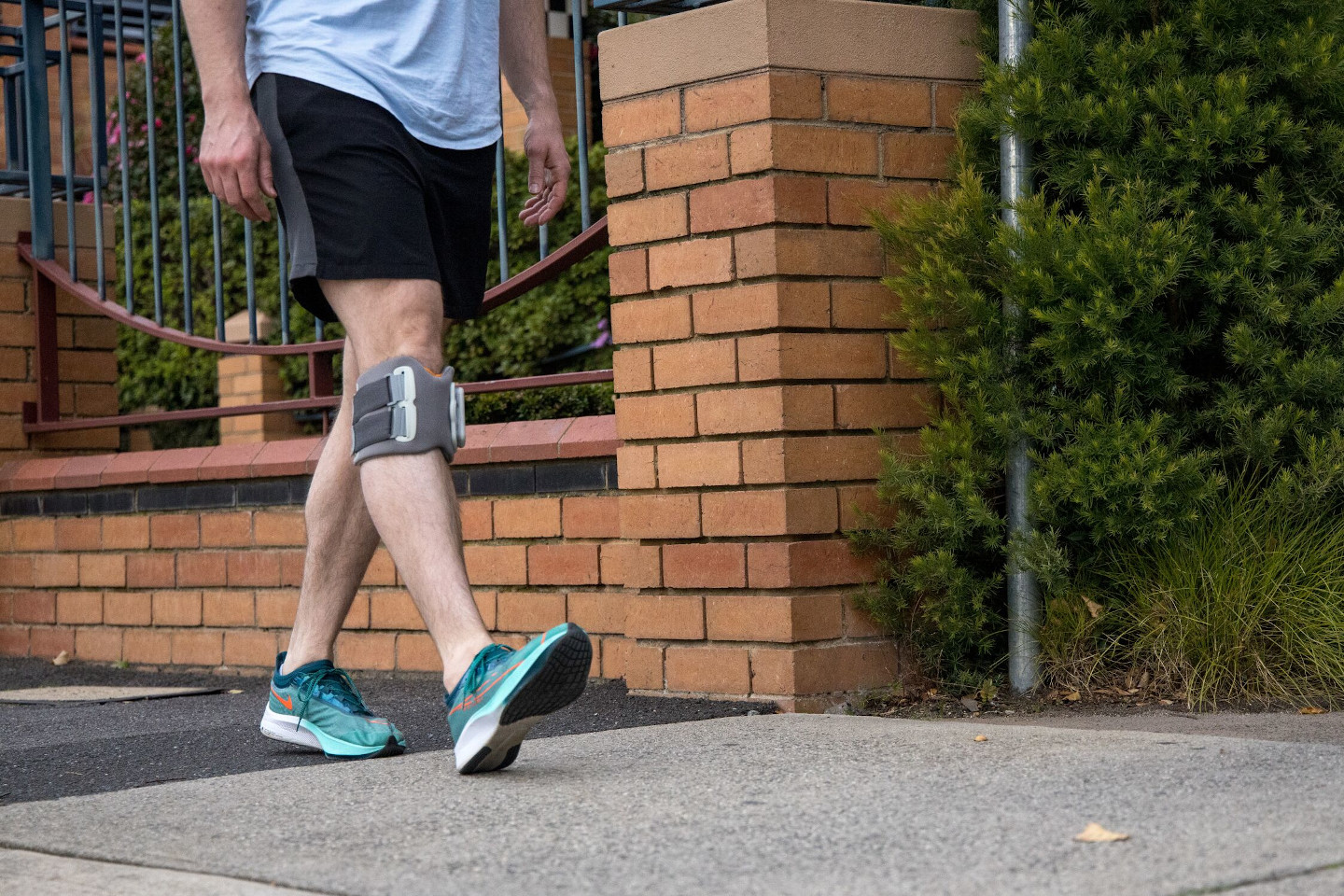
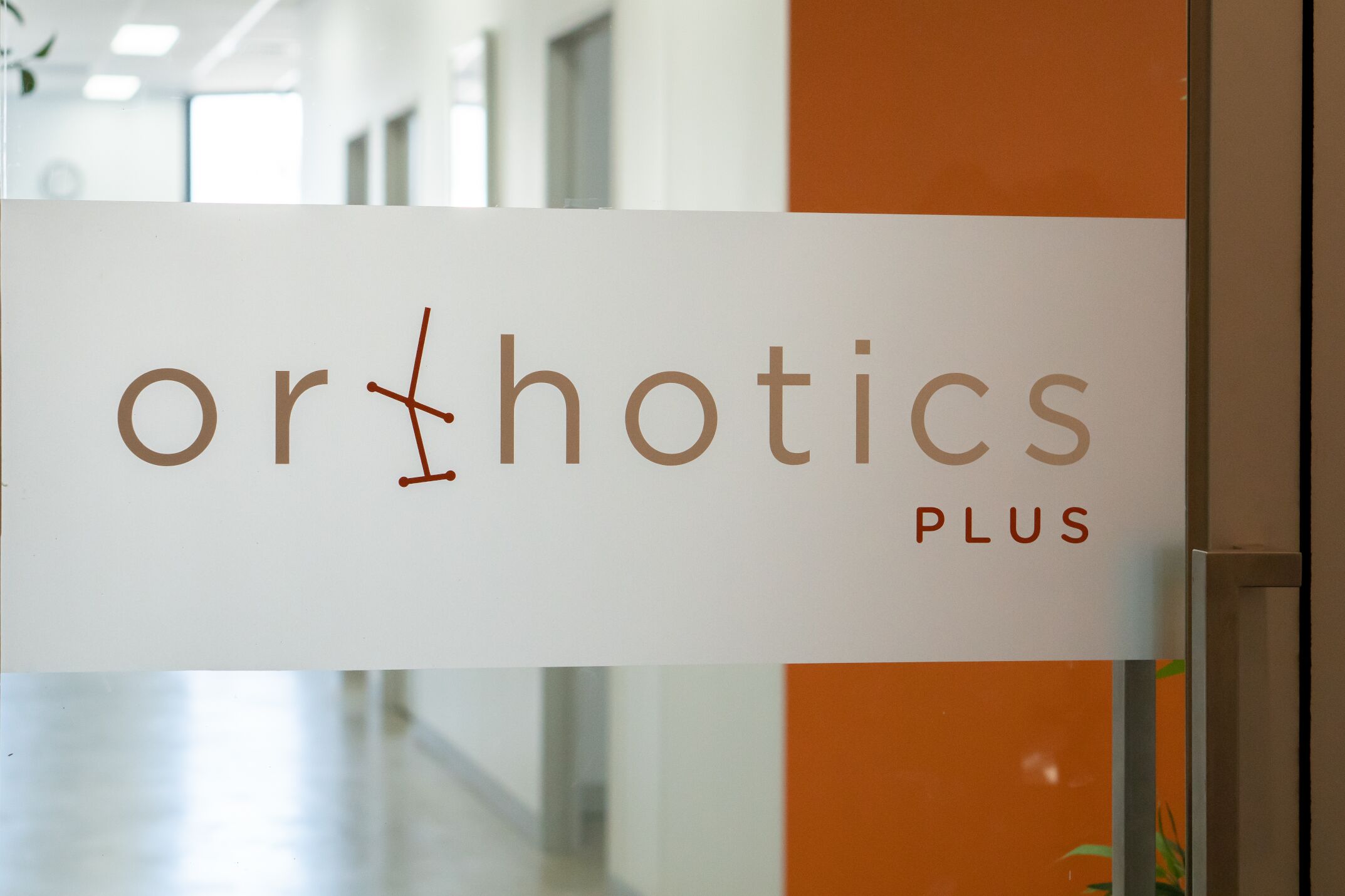
Orthotics Plus is Here to Help
If you or a loved one are living with MS, please know that there are lots of ways an Orthotist can potentially help you.
- We respond to all enquiries within one business day
- Our staff receive internal and external professional development
- Our senior Orthotists all have 10 or more years experience
- We are fully qualified, friendly and respectful
Please use our referrals page or clinic locations to contact us. We’d love to hear from you!
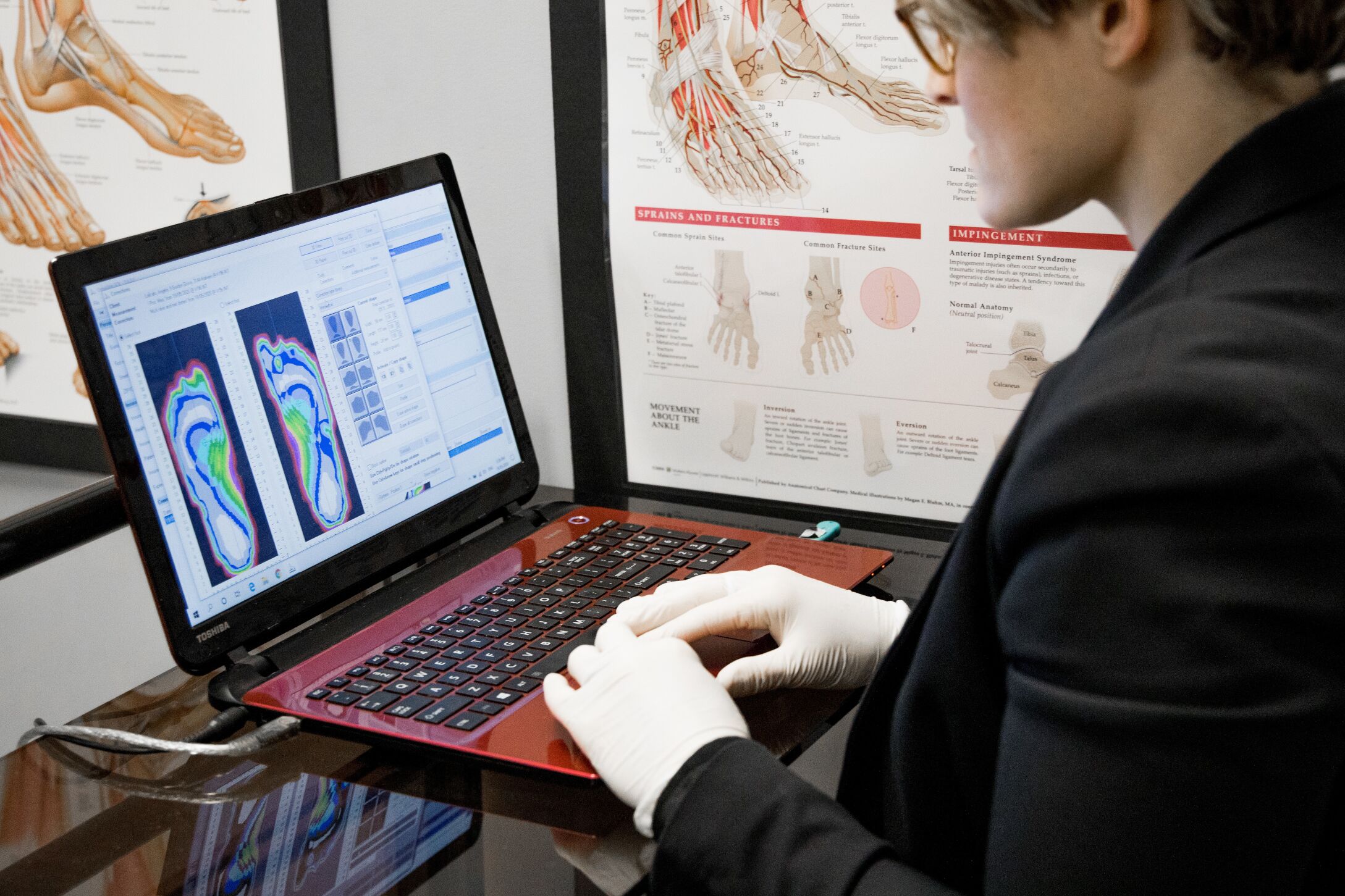
A Multiple Sclerosis Success Story
We assisted a mother with two children, she had been diagnosed with MS over a decade ago. Her desired goal was to walk her wonderful kids to school nearby.
Unfortunately, she had experienced decline and was feeling unstable and unconfident. We fitted her with an FES device that helped with walking and her exercise routine.
She’s become a lot more confident and said she is very happy because she’s ‘doing something about her condition’ and feels more in control of her activities.
During a follow-up, she said she’d been able to walk her children to school recently, and was making it up a large flight of stairs to give her children a kiss goodnight, what an amazing story!


